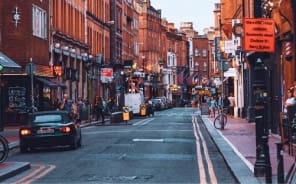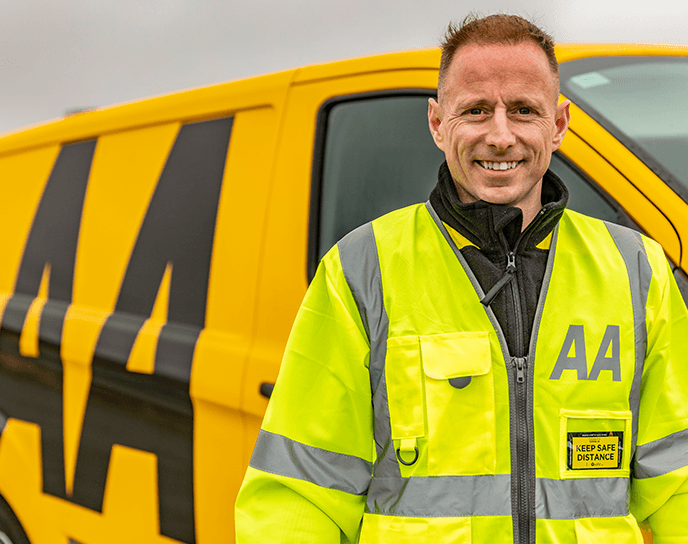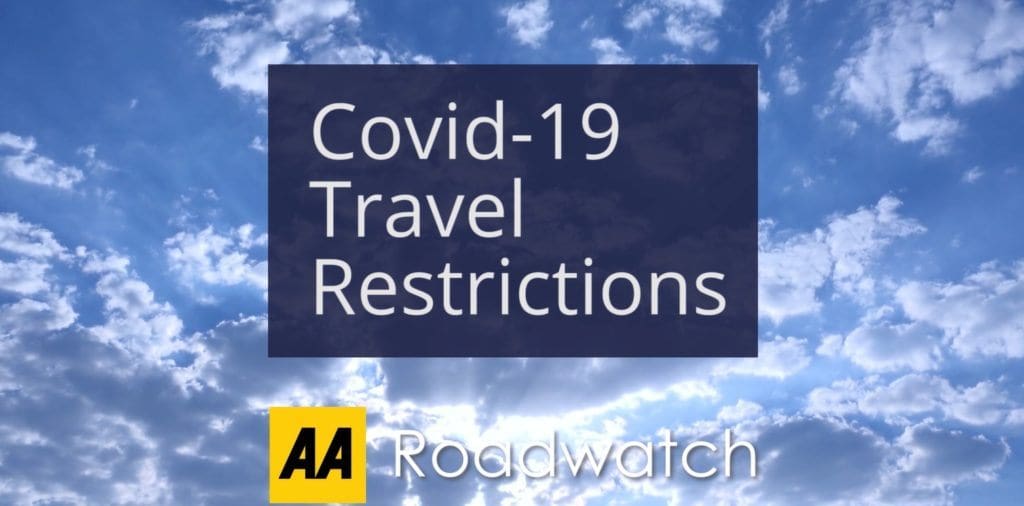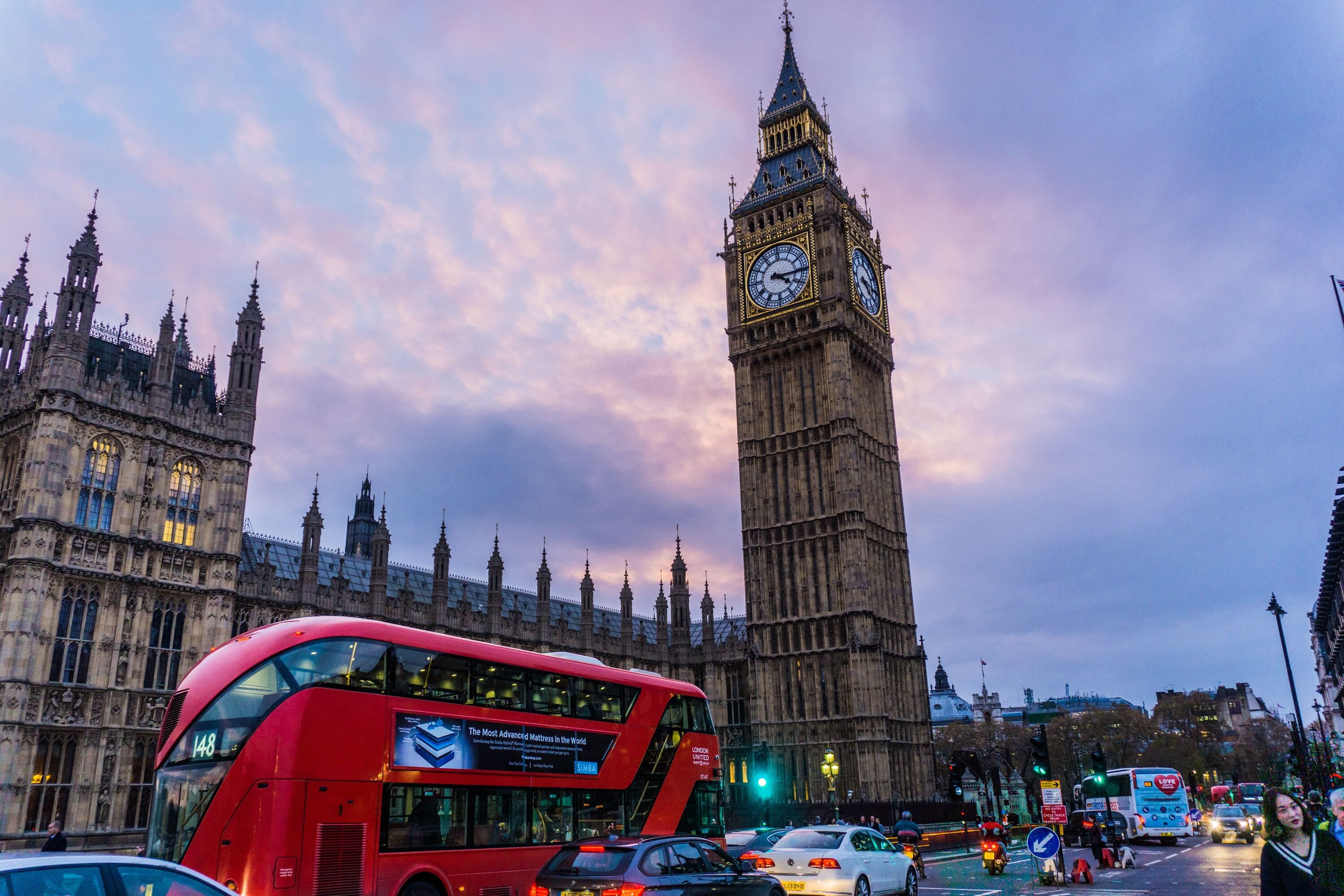Updated April 12th, 2021
Measures to slow the spread of Covid-19 remain in place in Ireland. Until Mon 10th May, you should stay within your county, or within 20km from home if crossing county boundaries, except for essential travel.
Here’s a round-up of all our information about travelling (or not) during this time.
What travel is permitted, and what is restricted under the current measures?
You can now travel within your county (or within 20km from home if crossing county bounds) for exercise and recreational purposes. Continue to avoid all non-essential travel outside your county bounds or beyond 20km from home until Mon 10th May.
What counts as an essential journey?
The government restrictions specify the types of travel classed as essential, ie. the sort of journeys that the distance restrictions do not apply to. These are journeys:
- to and from work, where work involves providing an essential service and cannot be performed from home
- to and from schools
- to attend medical appointments and collect medicines and other health products
- to attend disability day services
- to attend a court sitting
- for food shopping
- for vital family reasons, such as providing care to children, elderly or vulnerable people, but excluding social family visits
- for farming purposes, i.e. food production or care of animals
- to attend a wedding or funeral (subject to the restrictions on attendee numbers)
- to visit a grave
All other travel beyond county boundaries or more than 20km from home should be avoided until the 10th of May.
How is public transport affected?
Public transport is operating at 25% capacity for essential journeys only & the government advises you to walk or cycle instead, where possible. Most operators are currently running revised schedules during the current restrictions. We’re keeping a live list of the latest changes to public transport over on the AA Roadwatch Newsroom, and it’s also worth checking with the provider before you set out.
If you do have to take public transport, you must wear a face covering and you should pay with contactless means where possible. However, you should not take public transport if you are travelling to attend a covid-19 test appointment.
If I am making an essential journey, what else do I need to know?
Keep an eye on the AA Roadwatch Newsroom, where we’ll be reporting any possible disruption to your route (ie. collisions, road closures and any further changes to public transport). We also have a list of major roadworks that may affect your journey.
Be extra aware of other road users: pedestrians and cyclists may need to travel further out from the side of the road to allow the 2m safe distance between them. This is particularly important to watch out for if you’re driving.
If your journey is to attend a covid-19 test and you’re stopped at a Garda checkpoint, do not open your car window – hold your appointment letter up to the window instead.
And while the last thing you need if you’re driving is a breakdown or a puncture, we have advice on how to deal with these too: see our posts on how to change a tyre, and how to deal with a breakdown on a motorway.
What about international travel?
Again, you should not travel outside your county, other than for the essential reasons listed above, and this includes international travel. Even for essential journeys, bear in mind that many countries have entry restrictions for those coming from Ireland and you may need to allow for quarantining time on arrival.
Anyone arriving into Ireland from overseas must now present a negative/”not detected” PCR result for Covid-19, taken up to 72 hours before travel. Arrivals from high risk countries must book and complete a fortnight’s mandatory quarantine in a designated hotel. Those arriving from all other countries must still quarantine for 14 days at home, unless they receive another “Not detected” test after at least 5 days of quarantine.
Following the mandatory quarantine period, all domestic travel restrictions then apply.
I’m staying at home or travelling less; is there anything I need to do with my vehicle?
It’s worth keeping up your car maintenance while you’re staying at home to avoid any nasty surprises when the time finally comes to move it again – see our tips on things you can do to maintain an idle vehicle. If your bike is temporarily off the road, we also have some tips about bike security at home.
If you have a car parked up at home for a while, make sure you’ve parked in a safe spot that isn’t obstructing any road users. With more vehicles parked in housing estates and residential streets, please also check if you’ve left enough space for ambulances or fire trucks to pass by in a hurry – if cars are parked on both sides of the road, the space between them may not be sufficient. You can find out more on this in our blog post about safe parking.
As always, we’ll have updates on restrictions, public transport and traffic disruption at http://www.TheAA.ie/Newsroom










